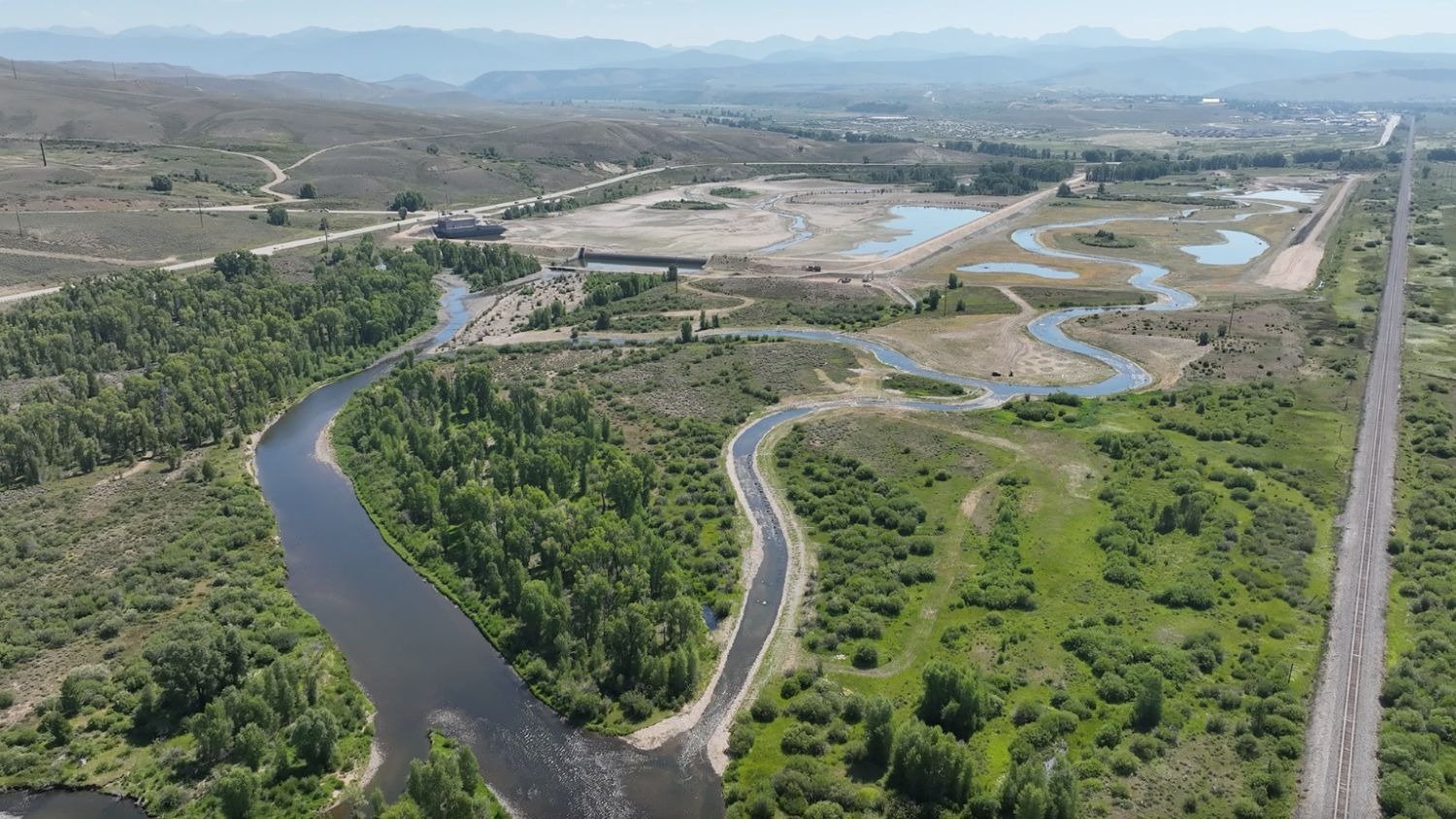From Trout Unlimited: June 18, 2009
The United States Senate Environment and Public Works Committee on Thursday approved the Clean Water Restoration Act, a move hailed by conservation and sportsmen groups. “This is a great step forward in restoring common sense protection to our nation’s waterways and wildlife habitat,” said Trout Unlimited Chief Operating Officer Chris Wood.
The bill now goes to the full Senate for consideration. CWRA would restore the original intent of the Clean Water Act, which in recent years has been weakened by Supreme Court rulings that distorted the language of the law and drastically reduced its scope. The resulting legal confusion has stripped Clean Water Act protections from some 20 million acres of wetlands and millions of miles of streams.
A number of the bill’s critics claim that it overreaches and vastly expands federal jurisdiction. Ranking Committee Member Sen. James Inhofe, R-OK, declared that rural America should “watch out” for the Clean Water Restoration Act, and called it “the biggest bureaucratic power grab in a generation.”
Critics’ sensationalist claims bear little relation to reality. When given the facts about CWRA, farmers, ranchers, sportsmen and others who care about stewardship of rural America’s land and water are supporting this responsible legislation.
Fact: Senate Environment and Public Works committee members, including Sen. Max Baucus of Montana, Senator Amy Klobuchar of Minnesota, and Chairwoman Barbara Boxer of California, have worked hard in recent weeks to meet the concerns of rural stakeholders about the CWRA. The resulting compromise language has cleared up confusion about the CWRA’s impact on rural areas. As a statement by the Montana Grain Growers Association puts it, “Senator Baucus’ substitute amendment addresses several concerns of production agriculture and makes it explicitly clear that this bill will not expand the scope of jurisdiction of the Clean Water Act beyond the original intent of Congress.”
Fact: Critics portray CWRA as a federal power grab, but the bill merely restores the protections that our nation’s waterways enjoyed for more than a quarter century, before recent misguided Supreme Court rulings stripped protections from millions of miles of streams. A key clarification at the heart of the bill—changing the phrase “navigable waters” to “waters of the United States”—follows the interpretation long used by the Army Corps of Engineers and Environmental Protection Agency for decades.
Fact: The Clean Water Restoration Act would not apply to any water body that was not historically covered under the Clean Water Act for more than 25 years, prior to the 2001 Supreme Court SWAANC decision. The Clean Water Act did not apply to gutters, puddles or other insignificant accumulations of water—and neither would the Clean Water Restoration Act. Moreover, the Clean Water Restoration Act preserves all existing agricultural exemptions under the law, such as for return flows and construction and maintenance of irrigation ditches and farm ponds. “Rural America can live with the Clean Water Restoration Act – because rural America already has lived with and benefited from these protections for decades,” said Melinda Kassen, director of TU’s Western Water Project.
Fact: About 60 percent of America’s streams are intermittent and could lose protection without the CWRA—these same streams are a drinking water source for more than 110 million Americans, in rural and urban areas alike. Hunters, anglers and other outdoors enthusiasts have lined up to support CWRA.
Field and Stream magazine recently called CWRA passage a top legislative priority for sportsmen, citing its protection of “temporary and isolated wetlands, among the most important habitats for waterfowl and a host of other wildlife.”
“The CWRA compromise bill approved Thursday is pragmatic, balanced legislation that protects America’s rivers and streams while preserving existing farm and ranch operations,” said Steve Moyer, vice president of government affairs at Trout Unlimited. “This is a bill that rural America can support.”
A majority of Americans surveyed in a recent Gallup poll indicated that they worry “a great deal” about the water quality of our nation’s streams and rivers. They don’t want to go back to a past when our country’s rivers and streams were dumping grounds for pollution. The CWRA will help ensure that our nation’s rivers and streams remain clean, swimmable and fishable.
For more information: Melinda Kassen, (303) 440-2937, x 100, mkassen@tu.org Bruce Farling, (406) 543-0054, bruce@montanatu.org Steve Moyer, (703) 284-9406, smoyer@tu.org







